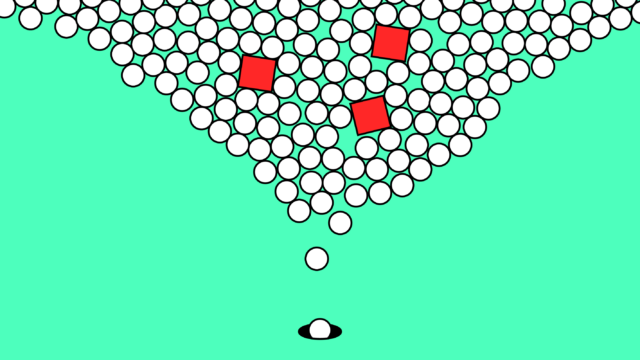Top 10 AdWords PPC tactics for B2B lead generation

Here is a more detailed blog post around the topic of pay-per-click (PPC) advertising; inspired by the Brighton SEO conference
1. Who is your target audience for online advertising?
Before you start spending any money on online advertising it is really important to understand your target audience, developing a persona of those people that are most likely to convert. Other initial homework required before a campaign kicks off includes:
- Research your competitors
- Gain a deep understanding of the products and services on offer, test products if possible
- Find out the Life Time Value (LTV) of new customers, this will help when budgeting how much to spend and the potential return on investment (ROI)
2. Structure of your pay-per-click (PPC) campaign
Ideally, your campaign and ad group structure should follow the structure of your products and services.
3. PPC keywords
Don’t base your keyword targeting on business jargon that is only used by people that are within your company, or who are already very familiar with your product or service.
Focus more on the what problems you are able to solve and the pain points of your customers.
4. Negative keywords
Negative keywords are your best friend, they will help avoid spending money on irrelevant clicks. Generic negative keywords can be used across multiple campaigns, once you have created a negative keyword list.
5. Ad scheduling
Try to schedule your ads around opening times if you have a physical store. If your business is online, then try and schedule ads for when your clients are likely to be most active, this will be something you will learn over time by testing different scheduling times.
6. Dynamic ads
Dynamic ads are used without a keyword list, instead, Google builds an understanding of what services you offer, when a search is made relating to those services, a dynamic ad is created.
7. Auction insights
Auction insights allow you to see who else is bidding on the same type of keywords as yourself if irrelevant companies appear it could be the case that you’re bidding in the wrong space.
8. Ad extensions
Ad extensions can be used so that your ads take up more real-estate on the search engine results pages (SERPs). Make sure they’re relevant to the initial search query or visitors are going to have a negative experience.
9. Ad copy
Try to avoid generic phrases and focus on the problem you are solving. Again avoid business jargon and slang. Be clear on what you are asking the customer to do, for example, download a white paper or complete a contact form for a test demo.
10. Landing page
This is probably the most important point of them all because this will ultimately be where your conversion happens and can impact the cost of each click. Here are a few pointers:
- Closely align the initial ad copy with your landing page call-t0-action (CTA)
- Be clear, don’t give too many options
- Most importantly, the landing page needs to match the intent of the searcher
Need help with your next PPC campaign?
Here at Cite we create, manage and optimise a range of different types of online advertising, including; display advertising, traditional keyword pay-per-click and remarketing. We track and measure all campaigns so that you have a clear idea of what’s working and how much you’re spending. PPC can be a great way for new companies to get a foot hold on page one of the SERPs and more established companies can establish what works quickly and cost effectively. Get in touch by calling 0116 254 9888 or complete our online contact form.



